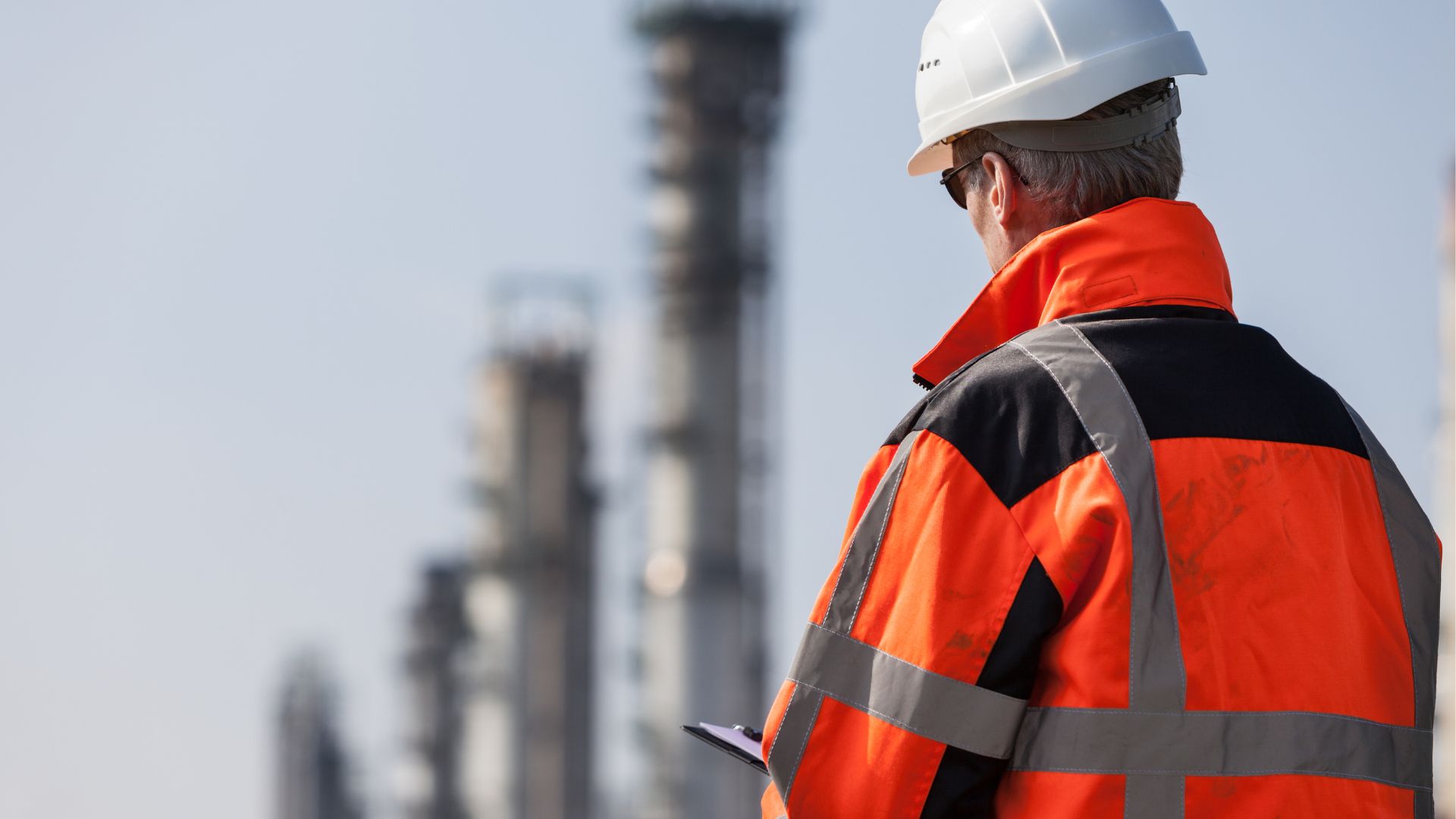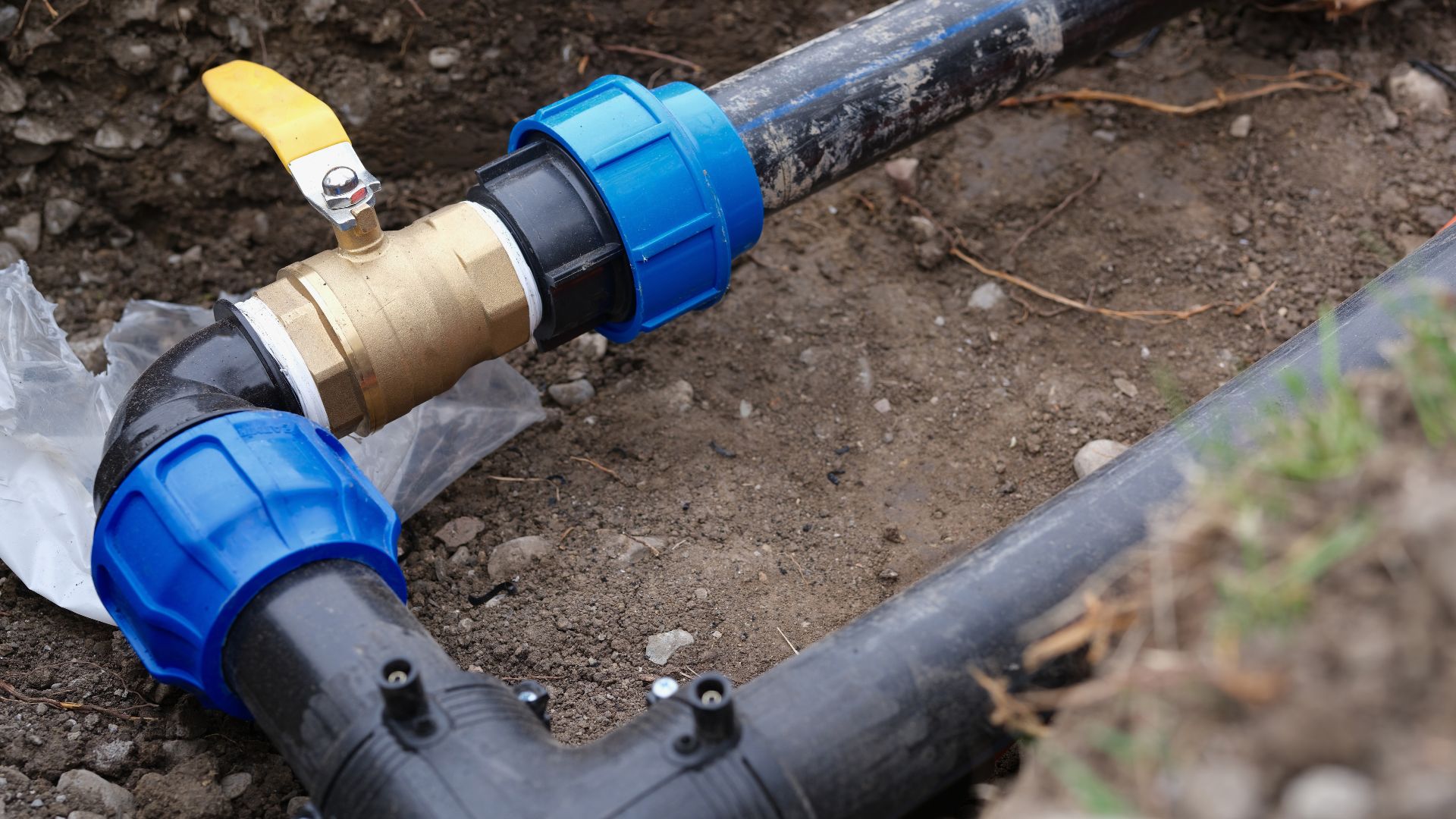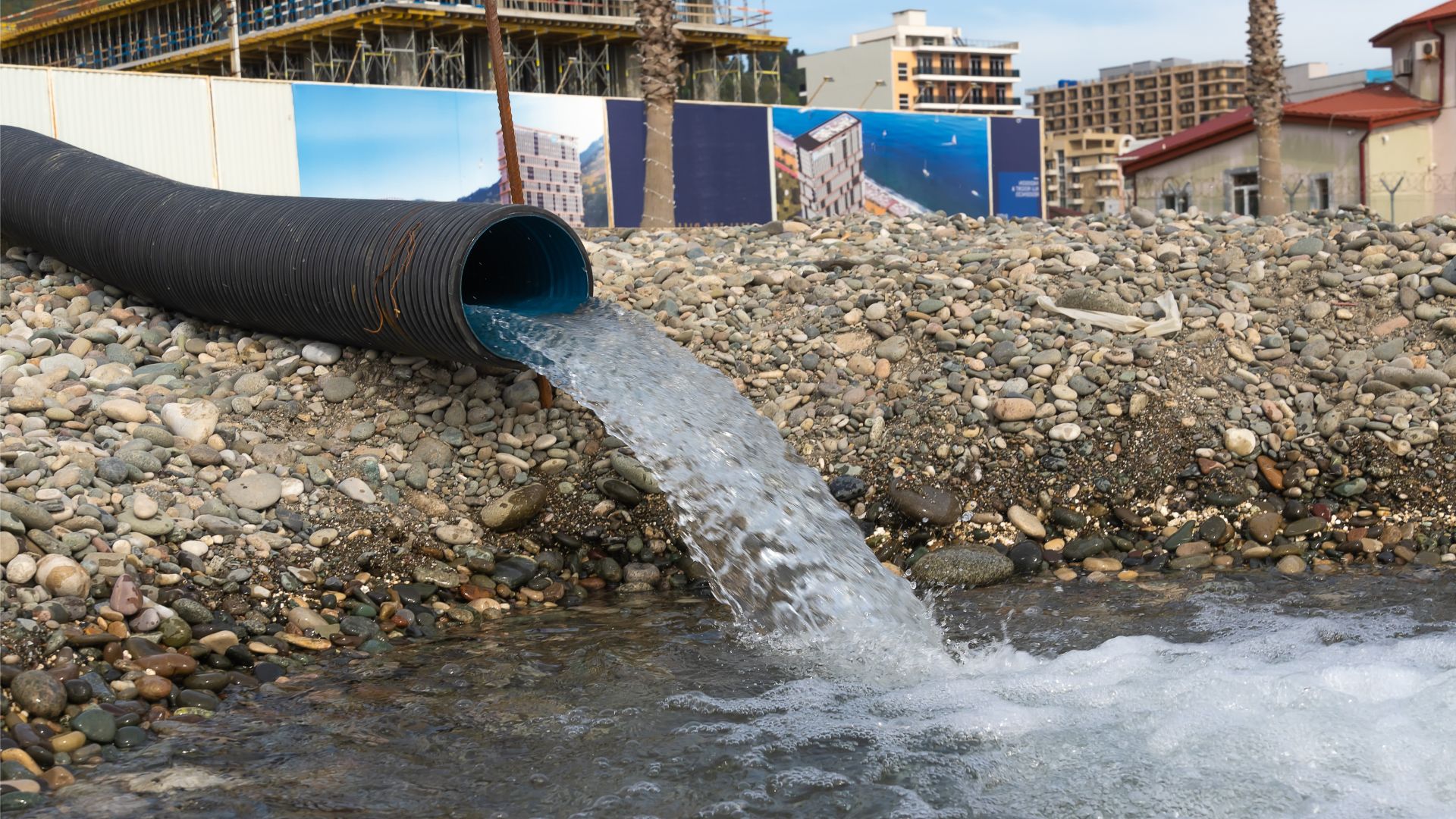Industries account for nearly 20% of global freshwater use, placing immense pressure on resources shared by communities and ecosystems. This significant demand highlights the critical need for efficient water use in industrial settings. A recent study revealed that global water scarcity is intensifying, with projections indicating that demand may soon outstrip supply in many regions.
The hunt for solutions is critical as our environment feels the pinch from industrial activities. Many sectors can’t manage wastewater effectively, which adds more strain on resources. The real challenge is finely balancing operational needs with the necessary conservation efforts to safeguard our water systems.
What can businesses do to adopt sustainable practices for efficient water use in industrial settings without losing productivity? Tackling this question is crucial for industries wanting to fulfil their environmental responsibilities while keeping operations running smoothly.
Importance of Water Efficiency in Industrial Settings
Using water efficiently in industrial settings is key to sustainable operations. Since water is limited, industries that focus on conserving it can cut costs and bolster their environmental impact. Sustainable water practices mean using resources wisely, helping businesses manage expenses, steer clear of wastage, and boost overall efficiency.

Adopting efficient water strategies also benefits the environment by reducing stress on natural water sources and minimising pollution caused by untreated discharge. Proper wastewater management can protect ecosystems and support the health of surrounding communities, fostering positive relationships with stakeholders.
Industries face increasing pressure from governments and organisations to comply with stricter water use regulations. Public expectations for businesses to act responsibly are growing, and companies that meet these demands can enhance their reputation and build trust with consumers.
Effective water conservation aligns with long-term business goals by providing opportunities for innovation and operational improvements. It also contributes to corporate social responsibility efforts, showcasing a commitment to sustainable practices. Businesses prioritising efficient water use demonstrate an understanding of their role in addressing global challenges while ensuring their operations remain sustainable and competitive.
Common Water Wastage Challenges in Industries
Water waste in industrial settings is a widespread problem, affecting both efficiency and the environment. Several factors contribute to this challenge across different sectors.

Outdated Infrastructure
Many industries rely on ageing systems that consume excessive water due to leaks, corrosion, or inefficiencies. These outdated setups make it challenging to manage water usage effectively, leading to unnecessary waste.
Inefficient Processes
Industrial processes often lack streamlined systems designed to conserve water. For instance, manufacturing and food processing may use more water than needed due to traditional methods or poor planning, increasing waste.
Lack of Monitoring Systems
Without advanced monitoring systems, businesses struggle to track water use and identify areas needing improvement. This lack of oversight often results in unnoticed overuse or unaddressed leaks.
Sector-Specific Challenges
Manufacturing often involves high water demand for cooling and cleaning. Food processing requires significant amounts for production and sanitation, while energy production depends heavily on water for cooling and steam generation. If not managed carefully, these sector-specific needs can lead to excessive wastage.
Consequences of Neglect
Failing to address water wastage can lead to higher operational costs, stricter compliance penalties, and increased environmental harm. Unchecked waste also exacerbates water scarcity, placing further pressure on businesses to adopt efficient practices.
Innovative Techniques for Industrial Water Conservation
Saving water in industrial settings is crucial for cutting costs and protecting resources. Various innovative methods and technologies can help industries manage water use more efficiently.

Water Recycling Systems
Recycling water is one of the most effective ways to conserve resources. Industries can implement systems that treat used water, allowing it to be reused for various processes such as cooling or cleaning. This reduces the need for freshwater while cutting down on wastewater discharge.
Rainwater Harvesting
Collecting and storing rainwater provides an alternative water source for non-potable uses. Industries can use this water for landscaping, cleaning, or other operations that don’t require treated water. This lowers dependency on municipal supplies and helps preserve natural resources.
Smart Monitoring Devices
Advanced monitoring systems can track water usage in real-time, identifying areas of excess consumption or leaks. These devices provide data that helps industries adjust processes and improve efficiency.
Energy-Efficient Machinery
Modern equipment designed to use less water while performing the same tasks can significantly reduce consumption. These machines are often more efficient and can help industries save on water and energy.
Leak Detection Systems
Undetected leaks are a common cause of water wastage. Installing leak detection systems ensures issues are identified and repaired promptly, preventing unnecessary loss.
Wastewater Treatment Plants
Treating wastewater before discharge allows industries to reuse it safely or release it without harming the environment. On-site treatment plants provide a sustainable solution for managing waste while conserving resources.
Actionable Steps for Businesses
- Conduct a water audit to identify areas where water use can be improved.
- Invest in technologies like monitoring devices and energy-efficient equipment.
- Train employees on water conservation practices to encourage sustainable habits.
- Partner with experts to design and install advanced systems tailored to specific needs.
Adopting these techniques can ensure that industrial operations run efficiently while preserving precious water resources.
Benefits of Implementing Efficient Water Practices
Efficient water practices bring many advantages, boosting sustainability and overall performance. These benefits touch financial, operational, and environmental aspects.
Cost Savings
Better water management reduces waste and lowers overall usage, cutting water supply and treatment expenses. Additional savings come from avoiding fines or penalties linked to non-compliance with water regulations.
- Lower water bills through reduced consumption
- Decreased costs for wastewater treatment
- Avoidance of regulatory penalties
Improved Operational Efficiency
Streamlined processes that focus on water efficiency help industries optimise their operations. Upgraded systems and equipment enhance productivity while minimising resource use.
- Efficient machinery reduces downtime and water waste
- Advanced monitoring systems improve process control
- Recycling and reuse systems reduce reliance on external water sources
Reduced Environmental Footprint
Conserving water lessens the environmental impact of industrial activities. Responsible management practices protect natural resources and support sustainability.
- Reduced strain on local water supplies
- Lower pollution levels through effective wastewater treatment
- Contribution to global water conservation efforts
Enhanced Reputation and Compliance
Meeting industry standards and adopting sustainable practices improves a company’s image. Stakeholders, customers, and communities are more likely to support businesses that prioritise environmental and social responsibility.
In Australia, compliance for industrial water use is governed by regulations designed to safeguard water resources and encourage sustainable practices. Key regulatory bodies, such as the Environmental Protection Agency (EPA) and local water authorities, enforce legislation covering water pollution and waste management. Meeting these standards enhances a company’s reputation, ensuring easier compliance and reducing the risk of penalties.
- Strengthened relationships with stakeholders
- Positive brand image through sustainable initiatives
- Easier compliance with evolving regulations
Efficient water use benefits businesses and the environment, creating opportunities for long-term success.
Take the Next Step Towards Sustainable Water Use
Saving water in industrial settings is crucial to protect resources, slash costs, and reduce environmental impact. Embracing efficient water practices supports sustainability, strengthens business operations, and builds stakeholder trust. Moving towards better water management offers long-term perks for industries and the environment.
Big Blue Plumbing is your trusted partner in achieving sustainable water use. With extensive expertise in industrial plumbing solutions, their team specialises in designing and implementing systems tailored to your specific needs. Big Blue Plumbing offers innovative approaches that enhance efficiency and reduce waste, from advanced water recycling setups to smart monitoring devices.
Committed to sustainable practices, Big Blue Plumbing helps industries comply with regulations while improving operational performance. Their customised solutions address challenges like outdated infrastructure, leaks, and inefficient processes, ensuring your business operates at its best.
Contact Big Blue Plumbing today to explore how they can help optimise water use within your operations. Together, you can take the next step towards a more sustainable future while enjoying efficient water management’s economic and environmental benefits. Reach out now to learn more about tailored solutions for your industry.



